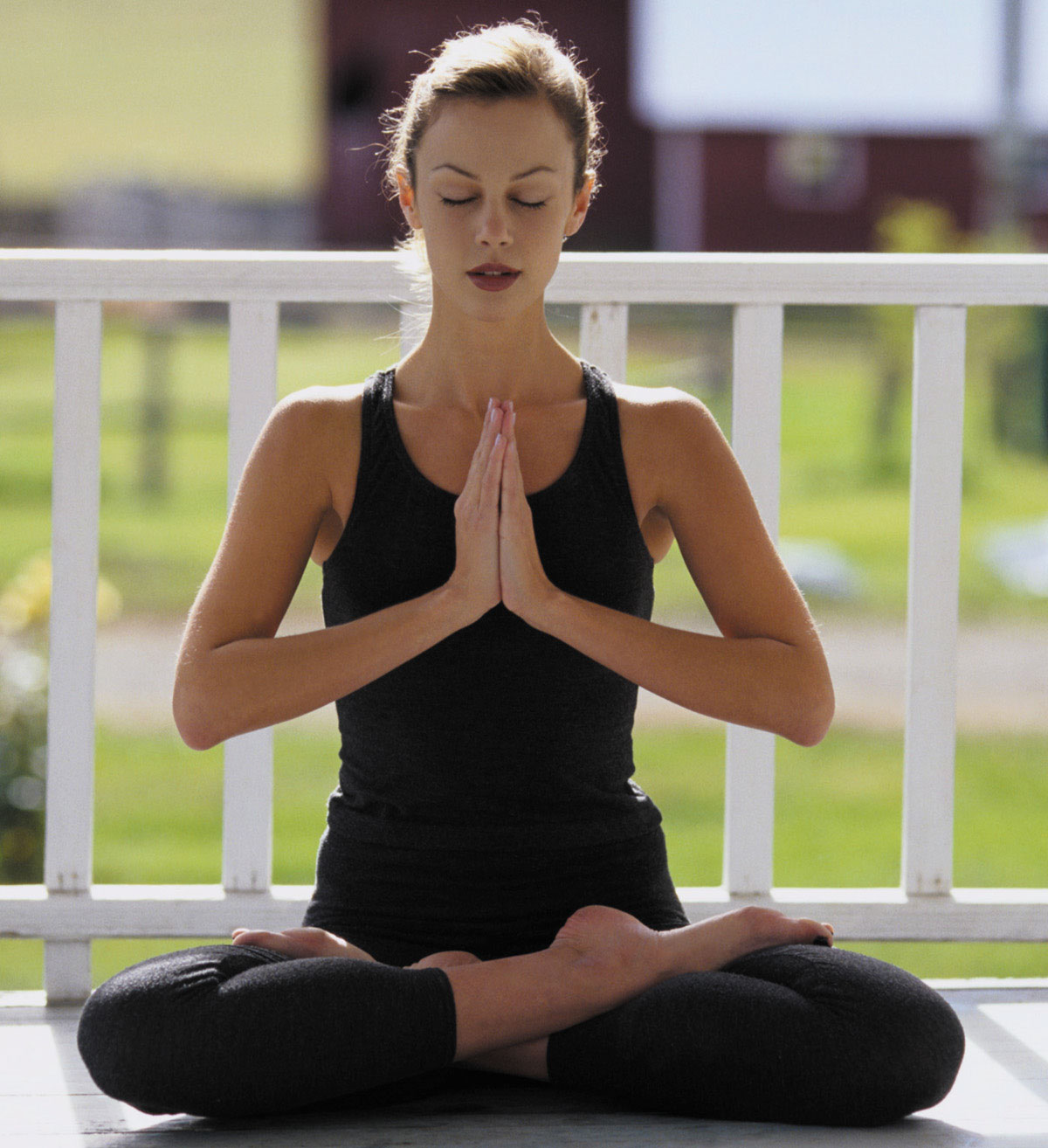A study released by the Society for Developmental and Behavioral Pediatrics (SDBP) suggests yoga may have beneficial psychological and physical effects for high school students.
Because of the high-stress environment of high school, several school-based stress management and wellness programs have been developed for the purpose of encouraging stress resilience and coping strategies. Yoga is considered one of the most promising of these programs, as it combines strength and flexibility exercise with relaxation and meditation techniques.
The Brigham and Women’s Hospital and Harvard Medical School conducted the research while the Kripalu Center for Yoga and Health funded the study. The study took place over a period of ten days.
The pilot study, published in the April issue of the “Journal of Developmental & Behavioral Pediatrics,” followed 51 junior and senior students at a Massachusetts high school as they progressed either through a regular physical education or yoga class.
Of the participants, two-thirds of the students took the yoga class, engaging in physical yoga postures and breathing exercises in addition to relaxing and meditating. The other one-third of the group took physical education class and followed the high school’s regular curriculum, which may have included team sports and track events.
The multitude of tests taken by the students before and after the ten weeks evaluated each individual’s mood, tension, and anxiety levels as well as the development of self regulatory skills, which included resilience, control of anger expression, and mindfulness. These criteria are believed to aid in preventing the development of mental health problems.
Although yoga class students received better scores on mood, anxiety, and negative emotion tests than their PE class peers—improving or keeping their score where PE students’ scores may have dropped—there was no significant difference in self-regulatory skills.
Some students expressed interest in having yoga at their school.
“In my opinion, it would be helpful to implement yoga classes,” said Clara Baik, Irvine High School (IHS) sophomore. “It would be kind of like taking a break from the stressful school day.”
However, others did not feel that it would have much of a personal impact.
“I wouldn’t take these classes because I have better things to do with my time at school,” said Ryan Leou, IHS sophomore. “And I know how to deal with my stress in different ways.”
Although limited by its small size, the study has been consistent with previous studies of yoga in a school setting. Dr. Noggle and other researchers have called for research to be done on a larger scale, with multiple schools and continued updates into adulthood. This, they say, may clarify psychological and physical benefits of yoga not just in adults but in children and teenagers.




Interesting that you wrote an article on yoga being beneficial to students because just recently, we opened up a after-school yoga class at my school (:
Hi Sally,
I loved your article. As a yoga fan myself, I can attest to the many benefits of yoga-not just relaxation. I liked how you gave balanced opinions from students who both support and disagree with the yoga idea. I think this article could be improved with quotes from even more sources (i.e. teachers, administration)